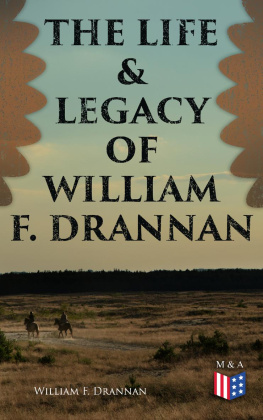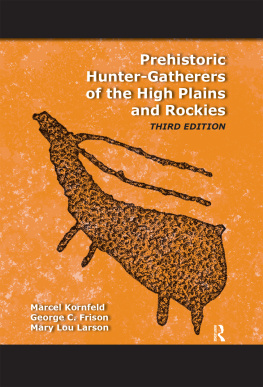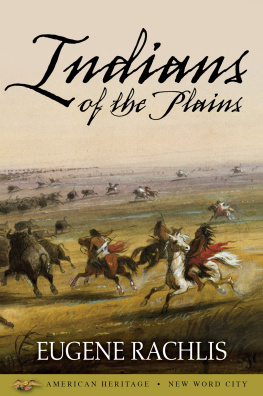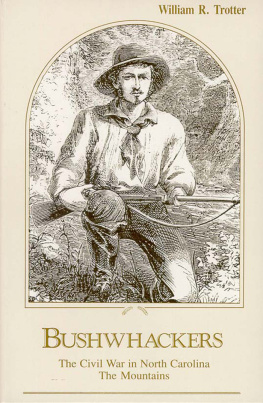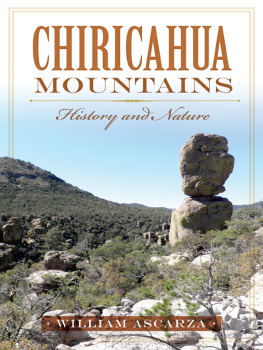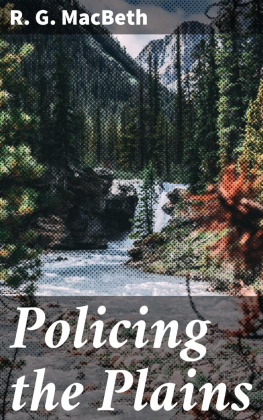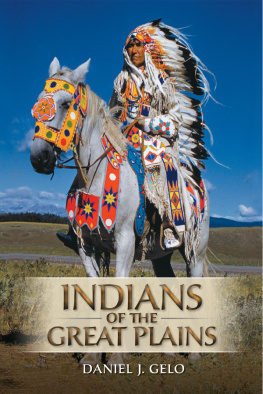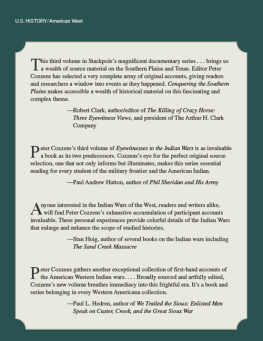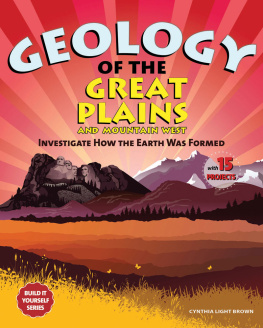William F. Drannan
31 Years on the Plains and in the Mountains
An Authentic Record of a Life Time of Hunting, Trapping, Scouting and Fighting in the Far West
Madison & Adams Press, 2021
Contact:
EAN 4064066384159
This is a publication of Madison & Adams Press. Our production consists of thoroughly prepared educational & informative editions: Advice & How-To Books, Encyclopedias, Law Anthologies, Declassified Documents, Legal & Criminal Files, Historical Books, Scientific & Medical Publications, Technical Handbooks and Manuals. All our publications are meticulously edited and formatted to the highest digital standard. The main goal of Madison & Adams Press is to make all informative books and records accessible to everyone in a high quality digital and print form.
PREFACE.
In writing this preface I do so with the full knowledge that the preface of a book is rarely read, comparatively speaking, but I shall write this one just the same.
In writing this work the author has made no attempt at romance, or a great literary production, but has narrated in his own plain, blunt way, the incidents of his life as they actually occurred.
There have been so many books put upon the market, purporting to be the lives of noted frontiersmen which are only fiction, that I am moved to ask the reader to consider well before condemning this book as such.
The author starts out with the most notable events of his boyhood days, among them his troubles with an old negro virago, wherein he gets his revenge by throwing a nest of lively hornets under her feet. Then come his flight and a trip, to St. Louis, hundreds of miles on foot, his accidental meeting with that most eminent man of his class, Kit Carson, who takes the lad into his care and treats him as a kind father would a son. He then proceeds to give a minute description of his first trip on the plains, where he meets and associates with such noted plainsmen as Gen. John Charles Fremont, James Beckwith, Jim Bridger and others, and gives incidents of his association with them in scouting, trapping, hunting big game, Indian fighting, etc.
The author also gives brief sketches of the springing into existence of many of the noted cities of the West, and the incidents connected therewith that have never been written before. There is also a faithful recital of his many years of scouting for such famous Indian fighters as Gen. Crook, Gen. Connor, Col. Elliott, Gen. Wheaton and others, all of which will be of more than passing interest to those who can be entertained by the early history of the western part of our great republic.
This work also gives an insight into the lives of the hardy pioneers of the far West, and the many trials and hardships they had to undergo in blazing the trail and hewing the way to one of the grandest and most healthful regions of the United States. W. F. D.
CHICAGO, August 1st, 1899.
CHAPTER I.
A BOY ESCAPES A TYRANT AND PAYS A DEBT WITH A HORNET'S NESTMEETS KIT CARSON AND BECOMES THE OWNER OF A PONY AND A GUN.
The old saying that truth is stranger than fiction is emphasized in the life of every man whose career has been one of adventure and danger in the pursuit of a livelihood. Knowing nothing of the art of fiction and but little of any sort of literature; having been brought up in the severe school of nature, which is all truth, and having had as instructor in my calling a man who was singularly and famously truthful, truth has been my inheritance and in this book I bequeath it to my readers.
My name is William F. Drannan, and I was born on the Atlantic ocean January 30, 1832, while my parents were emigrating from France to the United States.
They settled in Tennessee, near Nashville, and lived upon a farm until I was about four years old. An epidemic of cholera prevailed in that region for some months during that time and my parents died of the dread disease, leaving myself and a little sister, seven months old, orphans.
I have never known what became of my sister, nor do I know how I came to fall into the hands of a man named Drake, having been too young at that time to remember now the causes of happenings then. However, I remained with this man, Drake, on his plantation near The Hermitage, the home of Gen. Andrew Jackson, until I was fifteen.
Drake was a bachelor who owned a large number of negro slaves, and I was brought up to the age mentioned among the negro children of the place, without schooling, but cuffed and knocked about more like a worthless puppy than as if I were a human child. I never saw the inside of a school-house, nor was I taught at home anything of value. Drake never even undertook to teach me the difference between good and evil, and my only associates were the little negro boys that belonged to Drake, or the neighbors. The only person who offered to control or correct me was an old negro woman, who so far from being the revered and beloved "Black Mammy," remembered with deep affection by many southern men and women, was simply a hideous black tyrant. She abused me shamefully, and I was punished by her not only for my own performances that displeased her, but for all the meanness done by the negro boys under her jurisdiction.
Naturally these negro boys quickly learned that they could escape punishment by falsely imputing to me all of their mischief and I was their scape-goat.
Often Drake's negro boys went over to General Jackson's plantation to play with the negro boys over there and I frequently accompanied them. One day the old General asked me why I did not go to school. But I could not tell him. I did not know why. I have known since that I was not told to go and anyone knows that a boy just growing up loose, as I was, is not likely to go to school of his own accord.
I do not propose to convey to the reader the idea that I was naturally better than other boys, on the contrary, I frequently deserved the rod when I did not get it, but more frequently received a cruel drubbing when I did not deserve it, that, too, at the hands of the old negro crone who was exceedingly violent as well as unjust. This, of course, cultivated in me a hatred against the vile creature which was little short of murderous.
However, I stayed on and bore up under my troubles as there was nothing else to do, so far as I knew then, but "grin and bear it." This until I was fifteen years old.
At this time, however ignorant, illiterate, wild as I was, a faint idea of the need of education dawned upon me. I saw other white boys going to school; I saw the difference between them and myself that education was rapidly making and I realized that I was growing up as ignorant and uncultured as the slave boys who were my only attainable companions.
Somehow I had heard of a great city called St. Louis, and little by little the determination grew upon me to reach that wonderful place in some way.
I got a few odd jobs of work, now and then, from the neighbors and in a little while I had accumulated four dollars, which seemed a great deal of money to me, and I thought I would buy about half of St. Louis, if I could only get there. And yet I decided that it would be just as well to have a few more dollars and would not leave my present home, which, bad it was, was the only one I had, until I had acquired a little more money. But coming home from work one evening I found the old negress in an unusually bad humor, even for her. She gave me a cruel thrashing just to give vent to her feelings, and that decided me to leave at once, without waiting to further improve my financial condition. I was getting to be too big a boy to be beaten around by that old wretch, and having no ties of friendship, and no one being at all interested in me, I was determined to get away before my tormentor could get another chance at me.



